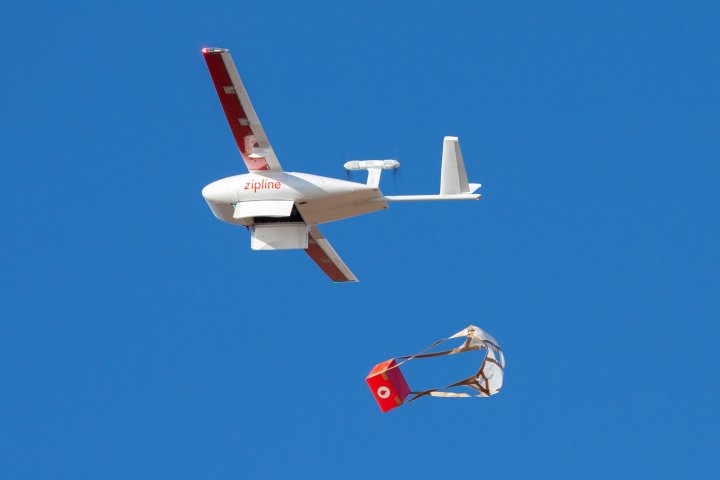
Usually you do not expect Africa to be a hot bed for innovation. A new revolutionary healthcare technology could change this perception. Neil Munshi, writing in Financial Times on April 25th, 2019, noted this technology will be applied in Africa as well as outside Africa.
The world’s largest drone delivery network, ferrying 150 different medicines and vaccines, as well as blood, to 2,000 clinics in remote part of Ghana, was announced on April 24th, 2019. The network represents a major expansion for Silicon Valley start-up Zipline, which began delivering blood in Rwanda in 2016, using pilotless, pre-programmed aircraft.
The move along with a new agreement in Rwanda signed in December 2018, takes the company beyond simple blood distribution to more complicated vaccine and plasma deliveries.
“What this is going to show is that you can reach every GPS coordinate, you can serve everybody, “ said Keller Rinaudo, Zipline chief executive.
“Every human in that country or region can be within a 15-25 minute delivery of any essential medical product; it is a different way of thinking about universal coverage.”

(Image captured from the company’s website, flyzipline.com)
Zipline will deliver vaccines for yellow fever, polio, diphtheria and tetanus which are provided by the World Health Organization’s (WHO) expanded project on immunization. WHO will also use the company’s system for future mass immunization programmes in Ghana. Later this year, Zipline has plans to start operations in North Carolina, US and Southeast Asia.
The company said it would be able to serve 100 million people within a year, up from the 22 million that it projects in Ghana and Rwanda will cover. In Ghana Zipline said healthcare workers would receive deliveries via a parachute drop within about 30 minutes of placing their orders by text message. Zipline’s drones will have a round-trip range of 160 km, travelling at 100 km an hour.
The drones are the least complicated part of the business, Mr Rinaudo said, compared with designing a complex supply chain where none exists, integrating into national healthcare systems and working with regulators such as the civil aviation authorities in Rwanda who touted Zipline to their Ghanaian counterparts. Ghana’s president, Nana Akufo-Addo, has been known for his plan to take the country-a lower-middle-income nation with about US$4,500 in per capital income in purchasing power parity terms-“beyond aids”.
But his ambitious economic reforms programme has been slow to progress and much remains underdeveloped.
Still the International Monetary Fund (IMF) earlier projected Ghana to be the fastest-growing economy in the world this year, at 8.8 per cent.